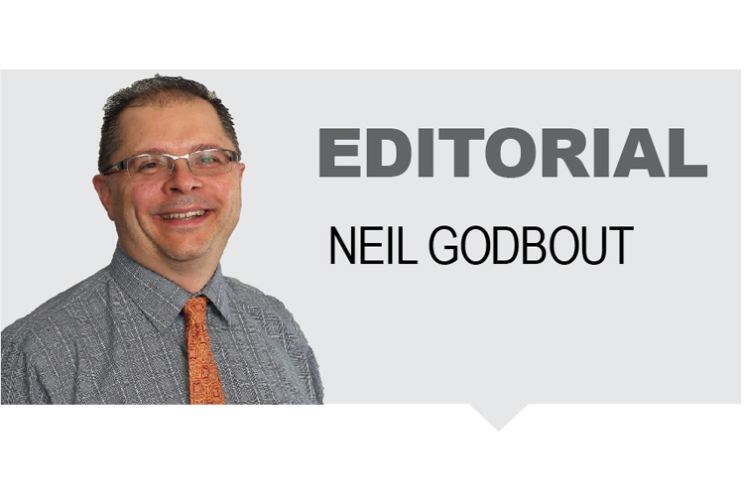It can’t be easy to be Dr. Bonnie Henry.
Her responsibilities are much like that of an army general. Her decisions have life-and-death consequences. Everyone is looking to her to issue the orders that will win the war. Everyone is ready to sing her praises, second guess her choices or reject her advice outright.
Like a general, she has to make the best decisions possible with incomplete information. Also like a general, she has the legal authority to demand compliance to her orders.
Since the COVID-19 pandemic turned the world upside down earlier this year, Henry has clearly prided herself on her bedside manner – the calm, soothing voice of calm, urging everyone to accept her diagnosis and follow her advice as best they can to keep themselves and their loved ones safe.
For the most part, her approach – both her style and her public health choices - have largely worked. Up until this month, B.C. has been a poster child on effective public health management of the pandemic, both within and outside of Canada.
Like all public health experts, she knew there would be a second wave to this pandemic. Like all public health experts, she knew this winter would be hard and would test our – and her – resolve.
But Dr. Henry has broken from many public health officials in some ways and continues to stand apart.
As late as Monday, she was resisting the growing calls for a province-wide mandatory mask order in all public indoor spaces. She was recommending it with as much kind and gentle motherly muster as she could but she didn’t put any bite behind her bark until Thursday, when those recommendations turned into orders.
For many B.C. residents, it was a “what took you so long?” moment.
Mandatory mask orders have been in place in many other jurisdictions in Canada and around the world for months now. The anti-mask crowd like to point out that cases are soaring everywhere, therefore proving that masks are ineffective. From a public health (and common sense) standpoint, the proper perspective should be how much worse would cases be in those places if mandatory mask wearing hadn’t been in effect. Masks, like the annual flu shot, have a limited effect but are still better than nothing at all and work best in conjunction with other efforts, like regular hand washing, physical distancing and staying home when symptoms appear, instead of going out and sharing with others.
So it’s not wrong to wonder how much lower the current surge of cases, hospitalizations and deaths in B.C. would have been if Dr. Henry had made masks mandatory in September, when the kids went back to school and the population moved indoors with the cooler weather.
Normally in public health, it’s better to do more in advance and have to rationalize those choices than to have to explain later, when things aren’t going well, why more aggressive action wasn’t taken earlier. That’s especially the case when that action – in this case, wearing a mask in public settings – is, like wearing a seatbelt when getting into a car, easily done by individuals, with no negative side effects.
That’s not the only area where Dr. Henry has separated herself from many in her field.
She continues to refuse to share detailed community transmission data with the public, even though that information is readily available in other provinces and countries. Furthermore, as the CBC reported earlier this month, she stopped sharing data with the Public Health Agency of Canada on the occupational status of B.C. residents who test positive because of concerns the data was too sensitive and PHAC was sharing the information out of context.
This is significant because that data would reveal how many B.C. health-care workers and nursing home staff have acquired COVID and, more importantly, where they work, information that is also publicly available in other provinces.
While these are important concerns, they are also incidental.
Her core public health advice was – and continues to be – sound.
Urging B.C. residents to tighten up their social gatherings, work from home if possible and limit their visits to stores and other public places for essentials only is what we need right now.
The vaccines are near but until they have been widely distributed to a majority of residents, the war against COVID-19 isn’t over yet.
Dr. Henry remains the steady general we can all trust to defeat this enemy.



